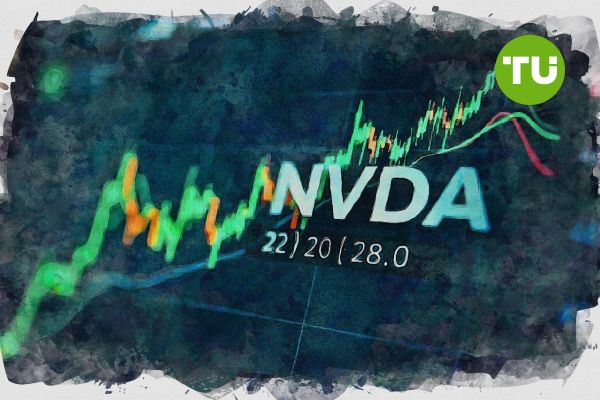Nvidia stock holds $171 after July rally as CEO sells $37 million in shares
 Nvidia executives have sold significant holdings, with insider sales over the past 12 months exceeding $1 billion in total
Nvidia executives have sold significant holdings, with insider sales over the past 12 months exceeding $1 billion in total
As of July 17, Nvidia stock is trading at $171.37, up 0.4% over the last 24 hours.
The stock remains rangebound after its rally, consolidating near highs as investors digest mixed signals from insider activity and renewed momentum from AI chip exports.
Highlights
- Nvidia is trading near $171, maintaining gains above key support at $160 after a strong July performance.
- CEO Jensen Huang sold $37 million in shares under a pre-scheduled 10b5-1 plan, prompting investor scrutiny.
- Resumed H20 chip exports to China offer a bullish counterbalance to insider selling.
The recent price action shows Nvidia consolidating after a sharp run-up in early July. The stock is holding firm above its 50-day simple moving average near $160, a key level that has consistently acted as a support zone during pullbacks. Should the price fall below this mark, the next strong support lies around the 100-day SMA, approximately $150, which aligns with past breakout levels and the lower trendline of the current ascending channel.
Nvidia’s chart shows a short-term resistance ceiling around the $180 mark. This was the recent peak reached earlier in the month before NVDA pulled back slightly to its current levels. A breakout above $180 would open the door to a rally toward the $200 psychological barrier, particularly if accompanied by rising volume and renewed momentum in the AI and semiconductor sectors.

Nvidia stock price dynamics (May 2025 - July 2025). Source: TradingView
The moving average convergence divergence (MACD) indicator remains in bullish territory, with the histogram showing mild positive momentum. Meanwhile, the relative strength index (RSI) is around 60, indicating that the stock is neither overbought nor oversold, offering room for further upward movement without triggering technical reversals.
Insider selling draws attention as Nvidia resumes China shipments
One of the biggest developments affecting sentiment this week has been the disclosure that CEO Jensen Huang sold approximately 225,000 shares, worth around $37 million, on July 16. The sale is part of a pre-arranged 10b5-1 plan authorized in March, which permits the CEO to sell up to 6 million shares throughout the year. While such insider transactions are not necessarily indicative of weakening confidence, they often coincide with periods of elevated valuations and can temporarily dampen bullish momentum.
Other Nvidia executives have also sold significant holdings, with insider sales over the past 12 months exceeding $1 billion in total. While largely systematic, the cumulative effect of these sales has raised eyebrows, particularly among short-term traders.
On the positive side, Nvidia has resumed shipments of its H20 AI chips to China following a recent relaxation of U.S. export restrictions. This is a meaningful catalyst, as the Chinese market accounts for a substantial portion of Nvidia’s data center and AI-related revenue. The resumption of exports alleviates a major regulatory headwind and positions Nvidia to benefit from renewed demand across Asia in the second half of 2025.
Base case targets $200 in August, risk scenario eyes $150
In the base case scenario, NVDA maintains support at the $160–165 level and attempts another breakout above $180 in late July or early August. In a more bullish scenario, further easing of export rules and strong guidance from management could catapult NVDA beyond $200, with room to test $220–230 by September.
On the downside, geopolitical tensions or further insider sales may weigh on sentiment. A break below $160 would expose Nvidia to a correction toward the $150–145 area, particularly if macro conditions deteriorate or U.S.–China tech relations worsen.
Nvidia's rally gained momentum after the U.S. approved controlled sales of its AI chips, including H20 and future Blackwell models, to Chinese firms—reopening access to an estimated $8 billion in delayed revenue. The move eased regulatory uncertainty and prompted several Wall Street analysts to raise their price targets to the $185–$200 range.













































































































































